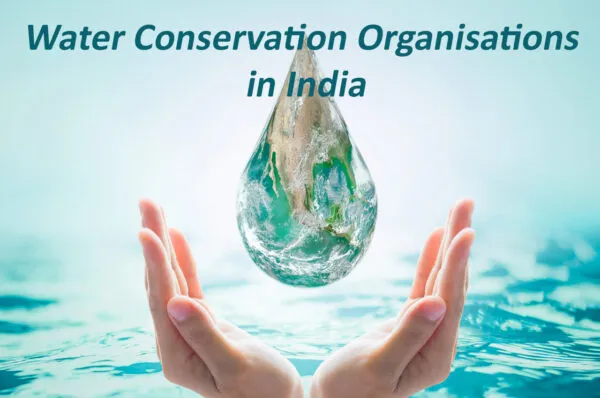Water scarcity is a growing problem worldwide, with an estimated 2.2 billion people lacking access to safe drinking water. This issue not only affects people’s health and well-being but also has far-reaching implications for agriculture, industry, and the environment. In response to this crisis, community-led initiatives have emerged as a powerful way to address water scarcity at the local level.
Community-led initiatives are grassroots efforts that empower communities to take control of their water resources and develop sustainable solutions to water scarcity. These initiatives are often driven by local residents, who have a deep understanding of their water needs and the challenges they face. By harnessing the knowledge and resources of the community, these initiatives are able to implement innovative and effective solutions to water scarcity.
One example of a community-led initiative tackling water scarcity is the Water User Associations (WUAs) in Nepal. WUAs are community-based organizations that manage and maintain water resources in rural areas. By involving local farmers in the management of irrigation systems, WUAs have been able to improve water efficiency, increase crop yields, and reduce conflicts over water usage. This has not only benefited farmers but has also helped to conserve water resources for future generations.
In Kenya, the Umande Trust is another example of a community-led initiative that is making a difference in addressing water scarcity. The Trust works with local communities to build sustainable water infrastructure, such as rainwater harvesting systems and boreholes. By involving community members in the planning and implementation of these projects, the Trust ensures that the solutions are tailored to the needs of the community and are sustainable in the long term.
Community-led initiatives are also making an impact in urban areas, where water scarcity is becoming increasingly common. In the slums of Mumbai, India, the NGO WaterAid has been working with local residents to install community water points and improve sanitation facilities. These initiatives not only provide residents with access to clean water but also help to reduce the spread of waterborne diseases and improve overall health outcomes.
Overall, community-led initiatives offer a promising approach to tackling water scarcity worldwide. By empowering local communities to take control of their water resources, these initiatives are able to develop sustainable solutions that address the root causes of water scarcity. As the global water crisis continues to worsen, it is clear that community-led initiatives will play a crucial role in ensuring that everyone has access to safe and clean water.

